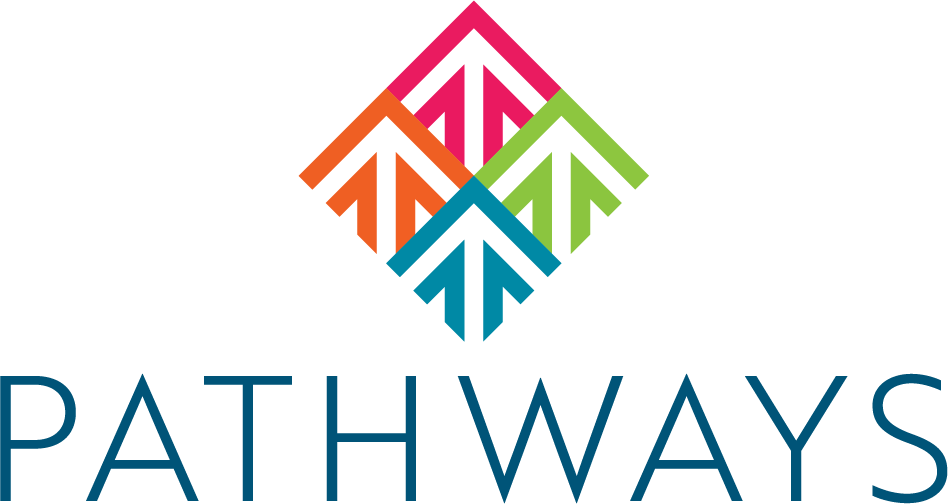History of Pathways
How Guided Pathways started, where it stands now, and the organizations behind the model.
The National Movement Toward Pathways
In recent years, the Guided Pathways model has quickly spread across community colleges and four-year universities. This model focuses on clear, easy-to-follow programs that align with both career and further education goals. Colleges are redesigning programs, support services, and teaching methods to help students set goals, choose the right path, stay on track, and gain the skills they need for work and continued education.
Guided pathways is built on three main principles. First, it focuses on improving the entire student experience, not just one part (like admissions or basic courses). Second, it’s not just another reform, but a unifying framework that brings together different changes to help students choose and complete a program that matches their career and education goals. Third, the redesign begins with students’ end goals in mind, then “maps back” the necessary steps to ensure they are prepared for success in both work and further study.
While the model is built on decades of research, the model itself is still relatively new. Very encouraging preliminary evidence has emerged from institutions that have implemented Guided Pathways practices at scale, including Florida State University and Georgia State University, among four-year institutions, and the City Colleges of Chicago and CUNY’s Guttman College, among community colleges. Large-scale efforts are now ongoing to implement Guided Pathways at two- and four-year institutions in Tennessee, Indiana, and Georgia, and at community colleges in Arkansas, Florida, Massachusetts, Michigan, New Jersey, Texas, and Washington State. We offer several case studies and emergent practices and data throughout this website—you can search them all via our Library.
Development + Iteration of the Guided Pathways Model
The Guided Pathways framework was first introduced in 2015 via the publication of the Community College Research Center’s (CCRC) book Redesigning America’s Community Colleges: A Clearer Path to Student Success.
The framework originally offered four key practice areas, often referred to as pillars: clarify paths to student education and career goals; help students get on a program path; keep students on a path; and ensure students are learning across programs.
From 2015 – 2019, the American Association of Community Colleges (AACC) organized and led a collective of 30+ community colleges and subject matter experts to build on the original Guided Pathways framework and implement it across campuses. The Pathways Project led to the development of the Pathways Collaborative, which is now disbanded.
In 2019, the Collaborative released the Guided Pathways model that provides a more holistic approach to the institutional change involved in making Guided Pathways possible. The model includes four key components: Plan, Implement (where the pillars are nested), Evaluate, and Early Outcomes. In 2025 as part of the development of the current version of this website, we grouped Evaluate and Early Outcomes under a more comprehensive phase of the model: Sustain.
The Pathways Collaborative: Organizations Who Developed the Guided Pathways Model
The Pathways Collaborative is a group of organizations committed to improving rates of college completion, transfer, and attainment of jobs with value in the labor market—and ensuring all students have the opportunities and resources they need to reach their goals.
These organizations collaborated on the development of the Guided Pathways model. Individually and collectively, these organizations now support Guided Pathways reform in hundreds of community colleges—and at the state level—across the country.
The Pathways Collaborative thanks the Bill & Melinda Gates Foundation for its partnership in this important work and for its generous funding of ongoing efforts, including this website.

American Association of Community Colleges (AACC)
The American Association of Community Colleges (AACC) leads the Guided Pathways movement to improve student success by redesigning programs and support services. Through initiatives like the Pathways Project, supported by the Gates Foundation, AACC helps colleges implement structured, career-aligned pathways at scale nationwide.
Achieving the Dream (ATD)
Achieving the Dream (ATD) is a nonprofit organization supporting systemic change in community colleges through its Institutional Capacity Framework and Pathways Coaching. Founded in 2004, ATD helps colleges redesign programs, improve student success, and align education with career pathways using evidence-based strategies.
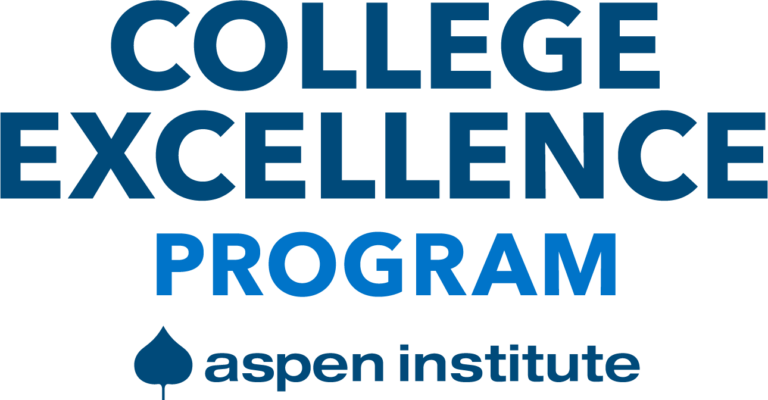
The Aspen Institute’s College Excellence Program
The Aspen College Excellence Program supports colleges in improving student outcomes, including learning, completion, and career success, with a focus on underserved populations. Through tools, professional development, and initiatives like the Aspen Prize, it advances Guided Pathways and leadership for systemic institutional reform.
https://www.aspeninstitute.org/programs/college-excellence-program/
Carnegie Math Pathways
Carnegie Math Pathways, developed by educators and researchers, offers innovative course solutions like Quantway and Statway to transform math education. These evidence-based pathways integrate relevant curricula and social-emotional supports, enabling students to succeed in college-level math and prepare for careers and everyday decision-making.

Association of American Colleges & Universities (AAC&U)
The Association of American Colleges & Universities (AAC&U) is a global organization supporting over 1,400 institutions to advance liberal education by promoting quality and access for all students. Founded in 1915, it provides resources to enhance undergraduate education and foster democratic engagement.
Center for Community College Student Engagement (CCCSE)
The Center for Community College Student Engagement, part of the University of Texas at Austin, provides survey research, focus groups, and tools to improve student engagement and success. It supports Guided Pathways by coordinating Pathways Institutes and developing resources to assess students’ pathway-related experiences.
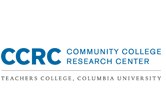
Community College Research Center (CCRC)
The Community College Research Center (CCRC), based at Columbia University, studies Guided Pathways with state agencies and national partners to understand how colleges implement reforms, manage change, and impact student success. Using its research, CCRC creates tools and resources to help colleges design effective pathways.
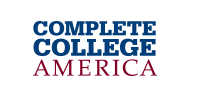
Complete College America (CCA)
Complete College America’s (CCA) Game Changer strategies restructure higher education systems to improve student outcomes and close achievement gaps. Integrated into Momentum Pathways, these evidence-based interventions focus on early credit accumulation, gateway course completion, and program alignment to boost student success.

Jobs for the Future (JFF)
Jobs for the Future (JFF) is a national nonprofit transforming education and workforce systems to improve student success and economic mobility. Through initiatives like the Student Success Center Network and Policy Leadership Trust, JFF supports Guided Pathways implementation, state policy development, and institutional reforms.
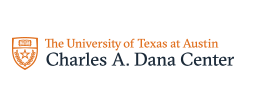
University of Texas at Austin Charles A. Dana Center
Mathematics pathways, supported by the Dana Center Mathematics Pathways, align math courses with students’ programs of study and emphasize completing college-level math in the first year. These pathways integrate learner support, evidence-based teaching, and institutional alignment to ensure high-quality, student-centered math education.

The National Center for Inquiry and Improvement (NCII)
The National Center for Inquiry and Improvement (NCII) supports large-scale college reforms, focusing on Guided Pathways and student financial stability. Leveraging experience with over 350 colleges, NCII provides tools, initiatives, and its A2I2 cohort model to optimize student experiences and outcomes.

The Office of Community College Research and Leadership (OCCRL)
The Office of Community College Research and Leadership (OCCRL) conducts research and evaluation to improve policies, programs, and practices that enhance community college education and transitions to employment. Focused on equitable outcomes for diverse learners, OCCRL provides resources to support systemic change across the P-20 education continuum.

SOVA Solutions
SOVA Solutions is a mission-driven organization that accelerates problem-solving in higher education and workforce development through innovative change leadership approaches. By leveraging stakeholder engagement, implementation science, and process engineering, Sova helps institutions transition strategies into scalable actions to achieve lasting transformation.

United Negro College Fund (UNCF)
The United Negro College Fund (UNCF) is a philanthropic organization supporting Black students and 37 private HBCUs through scholarships, institutional capacity building, and research. Its initiatives, including the Frederick D. Patterson Research Institute, focus on improving educational outcomes, fostering innovation, and ensuring everyone has the opportunities and resources they need to reach their goals in higher education.
